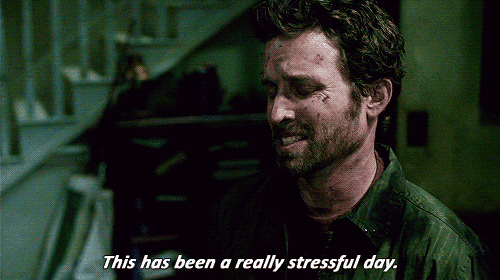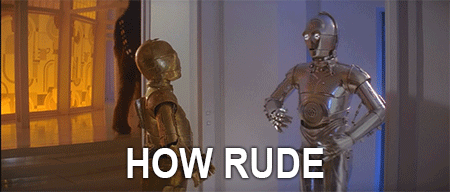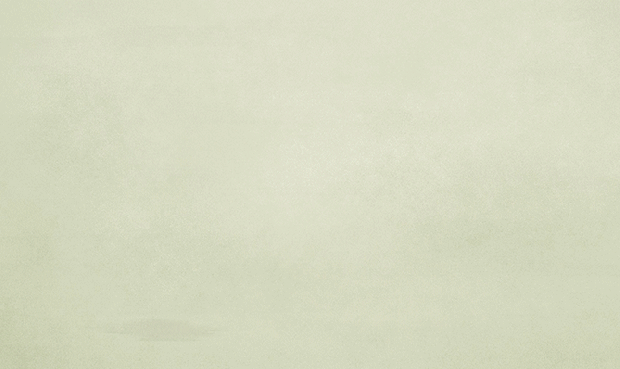*Disclaimer: What motivates me, might not motivate you. Know Thyself.
Hello! It’s the middle of the last week of October, which means just 6 full days until NANOWRIMO takes over our lives. (If you don’t’ do NANOWRIMO, don’t worry; we still like you.)

So, I want to talk about motivation today and, hopefully, you’ll be prepared if you find yourself lacking…everything…come mid-November.

First of all, we need to know what motivation is. We give our story characters motivation, but do we ever wonder what our OWN motivation(s) is (are)?

Motivation is (1) the reason(s) we have for acting or behaving in a particular way; (2) the general desire or willingness we have to do something.
(mostly from dictionary.com)
The bad thing about being real humans instead of book characters is that we don’t know what our motivations are before we begin writing our stories, a.k.a. living life. We’re our own authors, and we aren’t privy to that information.

So, to find our motivation behind a specific behavior, let’s identify a behavior.
Here’s one: You are staring at a computer screen with all of this preparation around you—character arcs, plot cards, timelines, setting maps—and yet, your fingers hover over the keys like you know nothing at all.
No, I don’t have cameras in your house; I had only to go as far as my short-term memory.
The behavior that we want to analyze is the paralysis of moving forward. What’s the reason for this thought spiral that leaves us impotent?
If I were a betting woman, I’d lay down 50 cheese balls that some, if not all, of the following questions are floating around in your head:
- What if no one wants to read this story?
- What if my characters aren’t as cool in three months as I think they are right now?
- What if the plot is too small and thin?
- What if there is a plot hole I’m not seeing and I write the whole thing and I have to throw it away because of the big, fat hole?
- What if I get to the end of the story and only have, like, 10,000 words?
- What if I don’t have the grammatical background I need, and I don’t even know I’m making mistakes?
- What if I’ve picked the wrong POV?
- What if it just plain sucks?
- What if this isn’t my life’s calling?
- Why am I even doing this?
- Why am I not eating cheese balls?
All of these questions are spawned by one tiny, terrible word:
FEAR
It’s so little and looks so harmless—I mean, it only has 4 letters, but it should have 1 million with the way it takes over our lives.
Fear will stop you from doing ANYTHING that is not in your comfort zone. It’s supposed to keep us safe, and it will. We will not die if we stay as we are. (In most cases.)
BUT, what if you’re tired of your comfort zone? What if you want more than those four walls that box you in?
Fear is a natural response that happens when you’re trying to change things.
Think of it like this:
You don’t normally bungee off a mountain, but you have this notion that you might actually want to. This is a change from your normal, sidewalk-skipping ways, so your brain sends nervous electricity to your stomach, screwing with your bowels, and begins to yell “WARNING!!” to your consciousness, and all the sudden, you’re thinking:
- That mountain is so very high.
- Am I ready to potentially die?
- What if the straps are dry-rotted?
- What if there is a strong wind and I get off course?
- What if the instructor isn’t the crispiest lettuce in the salad?
- Why am I even doing this?
Looks a lot like the list of questions running through your mind right now as you stare at your blinking cursor, right? Why? Because deciding to write a book that may show the world your insides is kinda like deciding to bungee off a mountain, which, funny enough, may also show the world your insides. A really tall mountain. With really sharp rocks, and there’s no fog so you can clearly see all aspects of your death-fall.
(Dial it back, Mea.)

But here’s what I want you to know:
Fear is the consequence of change. We humans don’t do change well, and our minds will do anything to keep us in status quo, like allowing fear to spread like an epidemic until it consumes our thoughts and affects our actions.
I have a question for you.
What made you to do character arcs, plot cards, and setting maps? What about those behaviors and actions?
I think that we’re focusing on the wrong behavior. We wanna know why the blank screen, the blank mind, the veer toward procrastination, and all of the not-doing, but what if we focused on what spurred us to action when we loved what our hands touched? What thoughts were running through your head before the idea had pockmarks?
If I were a betting woman, I’d bet 54 gumdrops that it was something like this:
- What if there was this boy who could turn into a tree whenever he wanted to?
- What if she went to the moon BEFORE she discovered a planet?
- And there could be this plant that emits gamma rays…
- This character is the sh*t!
- I can’t believe that this came from my imagination!
- I am so pumped right now!
This is the behavior to analyze in order to discover your TRUE motivation, not the fear-focused one. This positive interaction with your creative side gives you strength, friend. When the hype dies, don’t let fear make you feel less than you are.
I’m not going to lie to you. Stepping past the fear-hurdle is not easy, and it’s a constant struggle.
I’ve had a little success with this. At the beginning of the year, I decided that I would OVERCOME all this oppression, and it was just that. I felt like I was lying prostrate with this huge fear-boulder covering the length of my back. I wanted to get up, to take a deep breath, but I couldn’t turn over.
I looked at my boys, at their beautiful, hopeful faces, and knew that I didn’t want them to be in their 30s and feel like this. I also knew that I couldn’t guide them to be better than me if I didn’t teach myself how to be better than I was right then. (You might have to read that sentence twice. It’s confusing but important.) Thus, the search to discover the “general desire or willingness to do something I want to do” commenced.
I made a plan, and implemented it. Here’s what I learned:
- I’m a do-nothing girl. That means that I can acknowledge that I have a personal need and do absolutely nothing about it. I have to fight my nature as well as my fear.
- I fight (present tense because it’s a war that won’t end) my nature by making a routine, on paper, and going through the checklist each day.
- I fight my fear by identifying who I want to be, professionally and personally, and figuring out why that is my ideal. For me, the initial desire was to be an example to my boys. That moved me to action. That’s an external motivator, a super good one, but I found that internal-motivation (wanting it for myself, too) is equally as important as external motivation.
The first line of defense against your fear is knowing the characteristics of the person you are now and the person you want to be, so you can define the reason you want to write.
This is the “general desire or willingness” the motivation definition talks about. Scribble them down. Post them somewhere, and when the fear blinds you from your dreams, look at your reasons. If they still ring true, if they calm you and revive the spark, sit down and write anyway.
Fear is spurred by change, right? So, make a writing routine part of your normal, so fear will shut the hell up.
But if your reasons don’t ring true anymore, you need more than motivation, friend. You need make sure this career path is right for you. And that’s okay. Why would you want to waste a moment more doing something that doesn’t feed your soul? If you leave writing alone for a while and decide you miss it, come back. Writing likes you. It’ll understand. And so will the writing community.


